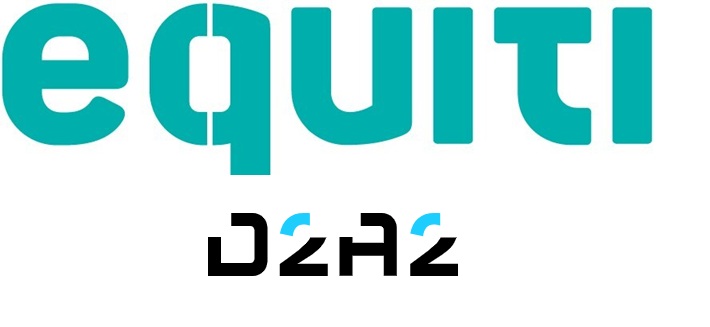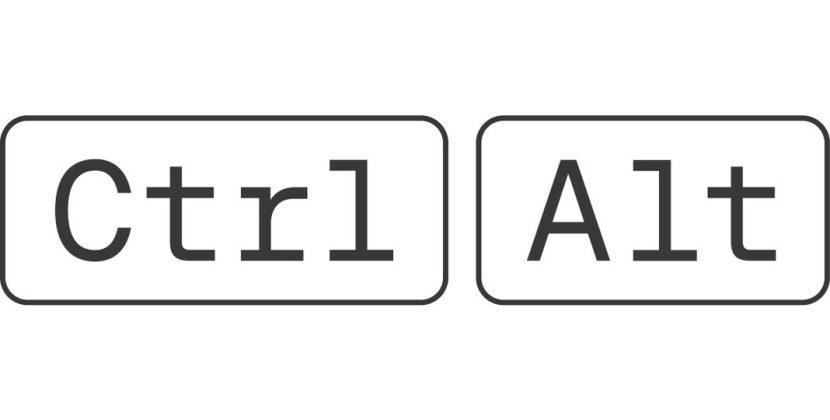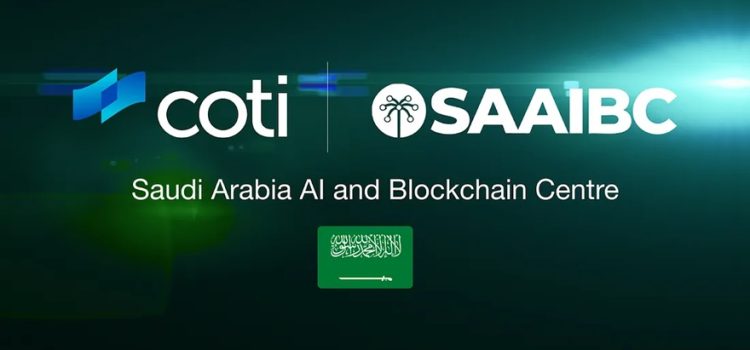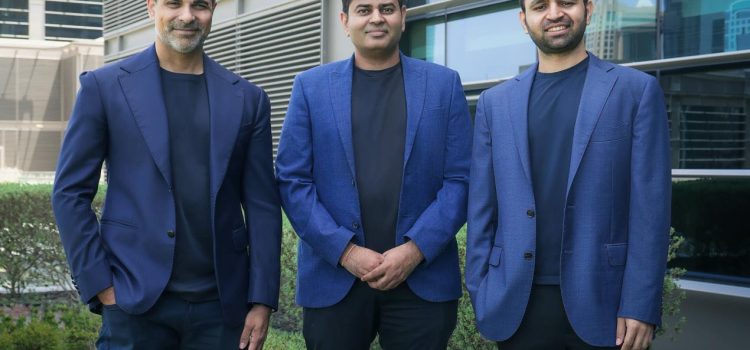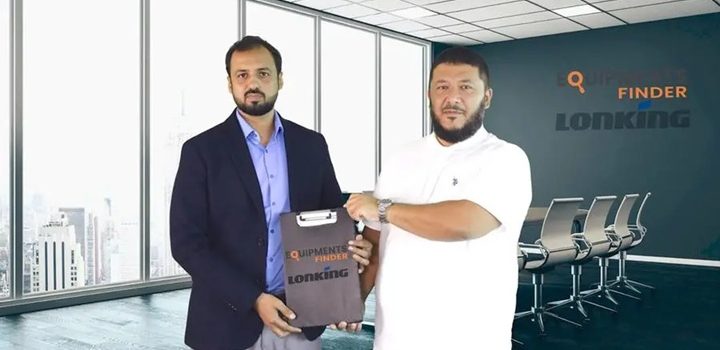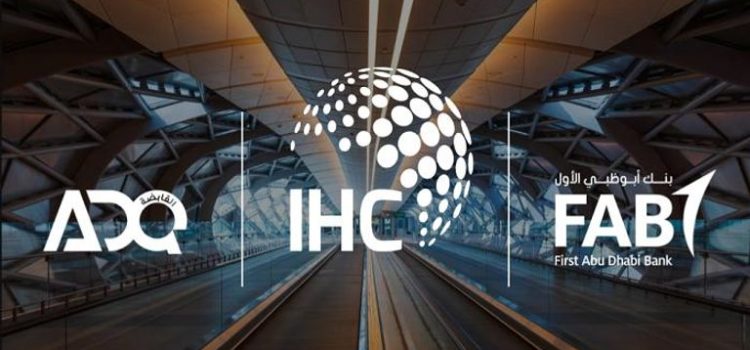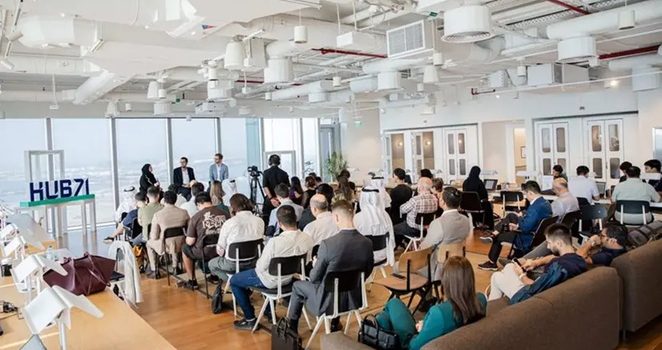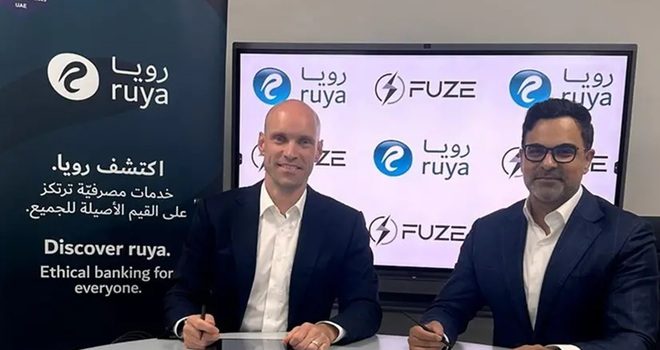Hub71, Abu Dhabi’s global tech ecosystem, in its 2024 Impact Report, noted that startups in the Digital Assets program raised more than $100 million. As per the report in 2024 Hub71 startups recorded $2.17 billion (AED 8.02 billion) in funding; a 44.7% year-on-year increase from $1.5 billion (AED 5.4 billion) in 2023, demonstrating strong investor confidence in Abu Dhabi’s innovation economy. Revenue generated by startups also climbed to $1.2 billion (AED 4.5 billion), up from $1 billion (AED 3.5 billion) the previous year, reflecting sustained commercial traction across priority sectors.
Much of this rapid growth was fueled by Hub71, which is driving sector-wide transformation through its specialist ecosystems. Hub71+ Digital Assets, Hub71+ ClimateTech, and the newly launched Hub71+ AI are attracting startups that are developing impactful solutions to some of the world’s most pressing challenges. Startups in the Digital Assets program alone have raised more than $100 million, while partnerships with global tech leaders like Google, NVIDIA, Solana, Hashed and AWS are accelerating innovation across Web3, AI, renewable energy, and deep tech.
During the year, Hub71 received over 3,100 applications from entrepreneurs representing more than 20 countries, highlighting the growing global appetite to build from the UAE capital. Of the 46 startups selected, approximately over 70% came from international markets, with more than half in the Seed or Series A stages. Startups from the US, UK and Germany, made up nearly 63% of Cohort 16, cementing the city’s reputation as a gateway between established tech hubs and high-growth emerging markets.
Ahmad Ali Alwan, Chief Executive Officer of Hub71, said, “Hub71 began as an ambitious idea to enable founders to build from Abu Dhabi. That idea has since grown into a thriving community of entrepreneurs, investors, and partners working together to drive lasting impact. The progress captured in this report reflects the strength of our ecosystem and the trust placed in us by those who believe in Abu Dhabi’s long-term potential. As we look ahead, our focus remains on empowering founders and positioning Abu Dhabi as a global hub for technology and innovation.”
Hub71’s momentum mirrors Abu Dhabi’s growing status on the global startup map. According to the 2024 Global Startup Ecosystem Report, the emirate is the fastest-growing emerging startup ecosystem in MENA, with its ecosystem value rising 28% to $4.2 billion between mid-2021 and end-2023. StartupBlink’s 2024 rankings placed Abu Dhabi 6th regionally and 2nd in the UAE, reinforcing its rising global profile.
Capital access remains a central pillar of Hub71’s strategy. In 2024, capital partners deployed $65 million (AED 238 million) into its startup community. The global tech ecosystem welcomed new investors, including Princeville Capital, The Catalyst, and Golden Gate Ventures.
Meanwhile, Tech Barza, Hub71’s exclusive capital club for family offices, recorded its first startup deal and a 10% increase in membership. To unlock early-stage capital, Hub71 launched the Angel Investor Support Package empowering five new angel networks, including Falcon Valley and Qora71, to facilitate more early-stage ticket investments, thereby accelerating the growth and scalability of startups within the Abu Dhabi ecosystem.
Unlocking market access through strategic partnerships
Beyond funding, strategic partnerships remain a key pillar of Hub71’s value proposition, playing a critical role in helping startups gain traction. In 2024, startups signed 91 corporate deals with government and private sector partners worth $28 million (AED 103 million), accelerating their ability to scale and commercialize their solutions.
Programs like the Regulatory Sandbox, co-developed with the Abu Dhabi Department of Economic Development (ADDED), Abu Dhabi Mobility, and the Abu Dhabi Agriculture and Food Safety Authority (ADAFSA), enabled startups to pilot cutting-edge technologies in sectors such as smart mobility, digital health, food innovation, and alternative proteins.
Startup successes: Scaling impact from Abu Dhabi
In a year marked by an evolving funding environment, Hub71 startups captured investor attention with landmark raises that signal both global relevance and real-world impact. FinTech startup FlapKap, raised $34 million (AED 124.7 million) in pre-Series A funding to expand its AI-driven lending solutions across the GCC. ClimateTech pioneer 44.01 secured $37 million (AED 135.7 million) in Series A funding to scale its CO₂ mineralization technology that transforms captured emissions into rock, contributing to global decarbonization. Meanwhile, HealthTech innovator BioSapien closed a $5.5 million (AED 20 million) pre-Series A round to accelerate clinical trials of its MediChip™, a 3D-printed implant that delivers localized cancer treatment with minimal side effects.
Today, Hub71 is home to a vibrant community of founders building high-impact startups that address global challenges and unlock new markets; driven by access to capital, expert support and sector-specific expertise to attract top talent and fuel Abu Dhabi’s innovation agenda.
About Hub71:
Hub71 is Abu Dhabi’s global tech ecosystem that enables founders to build globally enduring homegrown tech companies in any sector by providing access to global markets, a capital ecosystem, a global network of partners, and a vibrant community filled with highly skilled talent, governed by forward-thinking regulation.


